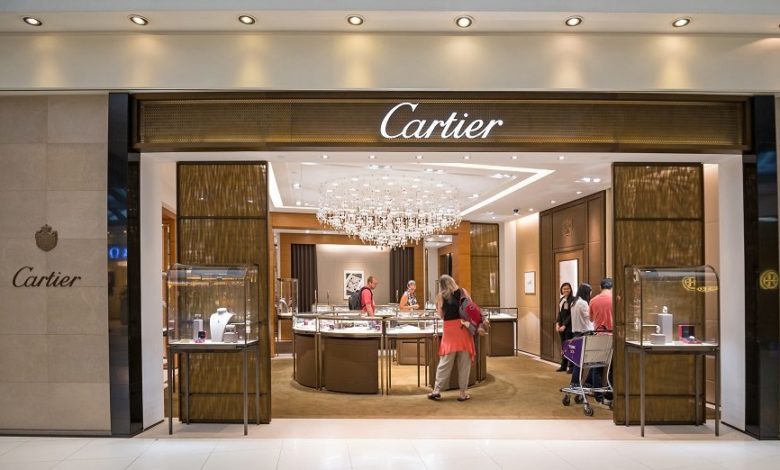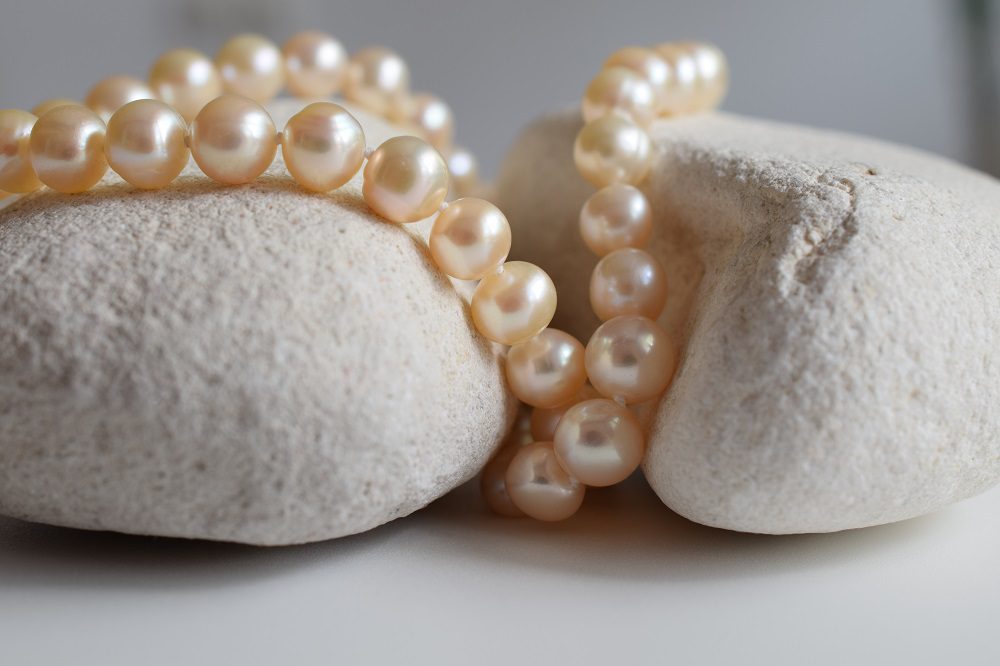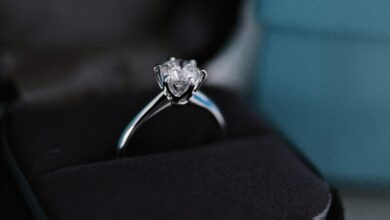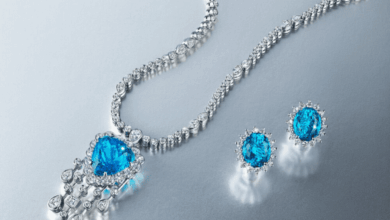Building a relationship with big brands

Register to get 1 free article
Reveal the article below by registering for our email newsletter.
Want unlimited access? View Plans
Already have an account? Sign in
Some 71% of customers prefer to buy from familiar brands, according to Global Banking and Finance. So, stocking recognisable brands can be a fail-safe way to improve the credibility of your jewellery business, as well as draw consumers in to check out the rest of your stock.
However, brands invest a huge amount of time and money in establishing themselves. Because of this, they’re conscious of partnerships and the impact that distributor relationships can have on their customers. So, how can you convince big brands who’ve spent years building their reputation, that your new small jewellery business is worthy of their product?
The answer: with tempting data, a strong value proposition and mutual respect. Let’s discuss more.
Research your competitors – and know your worth
The first step in negotiation is to know your worth. And that means with data. Brands are far more likely to take you seriously if you can prove the value you’re offering with hard facts, figures and data. Customer database figures, statistics about email open rates, footfall figures, website traffic and conversion rate, engaged social media followers – there’s plenty of metrics you can apply in your favour to persuade the brand that they should take your business seriously and consider a partnership.
If a brand you’d like to work with is already partnered with a competitor, then this is a great place to start. It’s easy to look at your competitors’ websites and admire, or even be envious of everything that they’re doing well, especially if that competitor has a larger share of the market than your business. But take this opportunity to identify areas where your business outperforms your competitor. If they have an extensive product selection, can you offer more value by showcasing the brand in your small, curated brand portfolio that is valued by your customers? 62% of customers will spend more on simple brand experiences according to a report from Marketing Week, so endless variety isn’t always best (source). As always, back up your value proposition with data. If the brand is working with your competitor, then why not you?
Don’t be put off by the size of your competitor. Whilst other industries may feel they lose market share to the likes of huge eCommerce platforms like Amazon, the jewellery industry has something that this all-consuming e-market may find hard to replicate; personalised customer experiences. Many brands refuse to distribute via major eCommerce platforms for exactly this reason (source: Forbes), and so working with smaller jewellers and retailers has great appeal for brands that value close customer relationships. As items of self-expression, gifts that mark milestones and timeless pieces that are treasured by customers, jewellery by its very nature promotes this personal, intimate customer experience. It is this close relationship with customers that jewellery business can utilise to secure valuable partnerships with brands.

Be willing to compromise and negotiate
Brands are likely to implement a list of rules that stockists must abide by. It may be that their product must be in a window display, they refuse to be listed on online marketplaces or they ban you from using deals-focused words when describing their product. Whilst these can sometimes seem like demands, it’s better to think of these as measures that the brand has put in place to protect their identity.
They may seem excessive to retailers, but it is essential to play by these rules. Customers need to view a brand positively seven times before they build a connection with it, yet it can take just 10 seconds for a customer to make a decision on a brand, according to FitSmallBusiness.com. Years of careful brand building can effectively be destroyed in a matter of seconds – so it’s easy to see why brands are so protective of their identities.
The key to navigating these rules when first working with a brand is to appreciate the reasons behind them and be willing to compromise. If you are only interested in what you want from the relationship and won’t budge on your negotiations, then it’s not a negotiation, it’s a series of demands. Remember your ultimate goal: to work with that brand and to be an official stockist of their product. If you have to concede on smaller details, such as not getting access to their full product range or negotiating on price, then this may be worth it to further your overarching goal.
Your first negotiation with a brand is just a starting point; once you’ve proven the value you can offer, such as by distributing their stock quickly and to the right customers, then you can renegotiate your position and build lasting relationships.
Relationships take time to build
If a newly established jeweller waltzed up to the likes of Rolex or Cartier and asked to be a stockist, it is unlikely that they’d be given instant access to all the latest models or collections. Brand partnerships take time to build and retailers must build portfolios of likewise brands to be able to grow their visibility and credibility in the eyes of household names. Take time to nurture brand relationships and consider each partnership in terms of how it impacts your position in the marketplace. Genuine brand partnerships will help to align your business with the right customers, so keep this in mind when building relationships to avoid conflict in your brand offering.
Strong relationships are built on mutual respect
Brands invest a lot of time and money into perfecting their image and identity, and it’s crucial that retailers respect this. But it’s also important that brands recognise the value and customer relationships that retailers can offer. Supplier relationships should be nurtured based on mutual respect of what each party has to offer the other, as only then can there be enough trust and understanding of the value of the partnership to proof it for the future.
Danny Toffel is the founder and director of Watches2U International, the UK’s largest independent retailer of branded watches. Watches2U works with over 200 of the world’s top fashion brands, from Casio and Michael Kors to Fossil and Hugo Boss.







